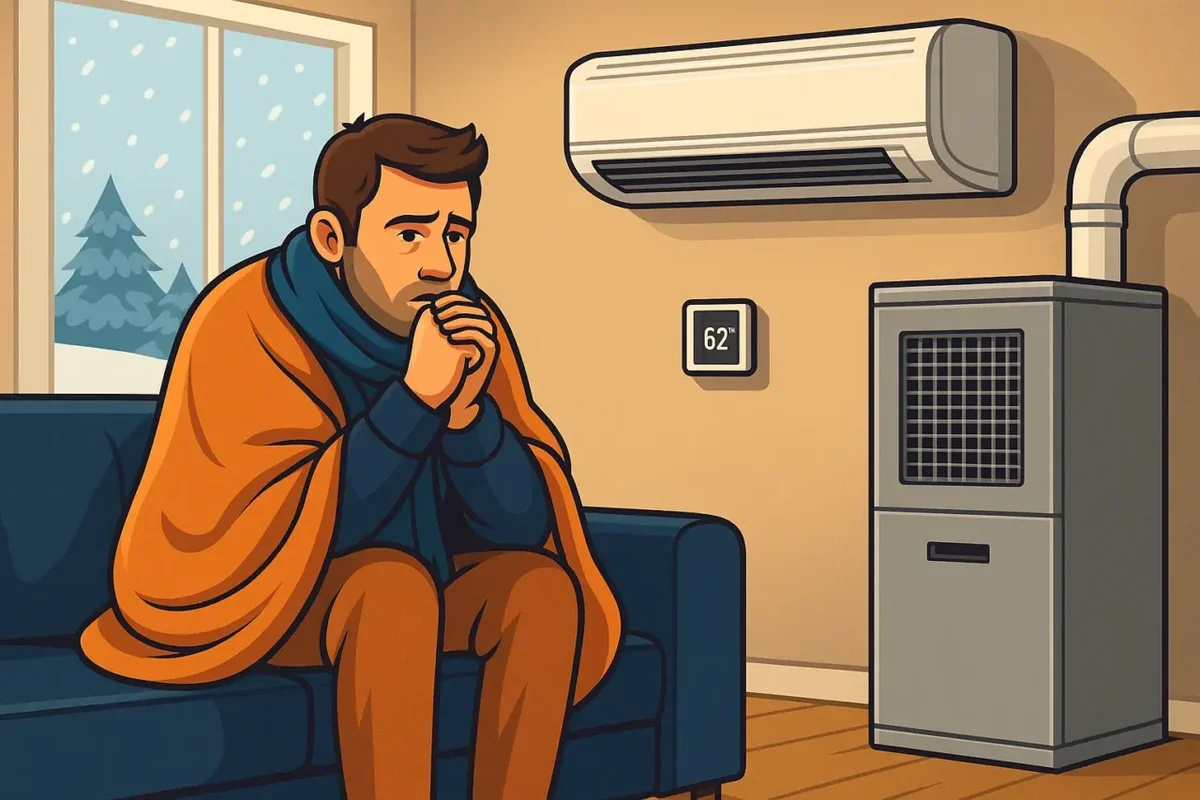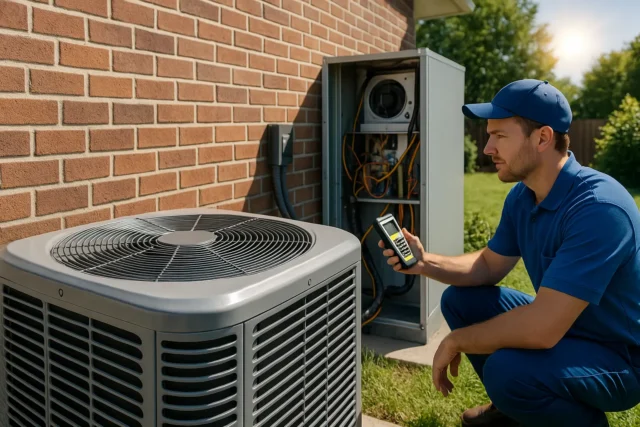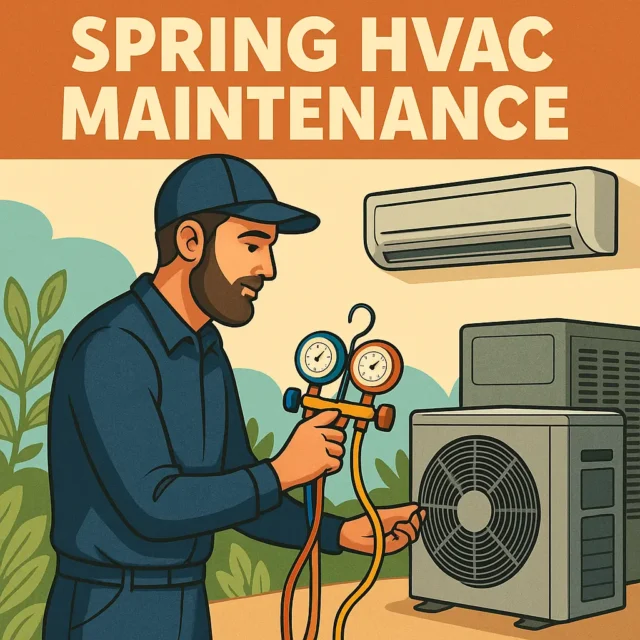Smart HVAC Tips for Winter Comfort

When the cold season arrives, homeowners want one thing most of all—warmth without sky-high energy bills. Your heating and cooling system works hard in winter, and without care, it can waste energy, break down, or fail when you need it most. That’s why following practical hvac tips for winter is essential. By paying close attention to inspections, filter changes, and the performance of your air handler, you can extend the life of your system and stay comfortable even on the coldest nights.
Why Preparing Your HVAC for Winter Matters
Winter is tough on HVAC systems. Units that go unmaintained often struggle with frozen coils, clogged filters, or weak airflow. Problems like these not only reduce comfort but can also raise your energy bills dramatically. Preparing ahead of time saves money, reduces stress, and helps avoid calling for emergency repair in the middle of a snowstorm.
The air handler plays an especially important role during winter. This part of your HVAC system moves heated air throughout your home. If it is dirty, blocked, or poorly maintained, you’ll notice uneven temperatures from room to room. Taking steps to keep it in top condition ensures steady, reliable heating.
HVAC Tips for Winter Every Homeowner Should Follow
1. Schedule a Pre-Winter Inspection
Before temperatures drop, book a professional inspection. A licensed technician will check your furnace, air handler, ducts, and thermostat. They can identify small problems—like worn belts or loose electrical connections—before they become big issues. This small step often prevents breakdowns when you need heat most.
2. Replace or Clean Filters Regularly
Air filters trap dust, pollen, and pet dander. In winter, dirty filters block airflow and make your air handler work harder. This means higher bills and lower comfort. Experts recommend changing filters every 1–3 months depending on your household. Fresh filters help your system breathe better and protect your indoor air quality.
3. Pay Attention to the Air Handler
Your air handler deserves special attention in the colder months. It regulates airflow and ensures heated air is distributed evenly. Clean the unit, check the blower motor, and make sure coils are free of dust. A well-maintained air handler increases efficiency and prevents hot-and-cold spots throughout your home.
4. Seal Leaks in Ductwork
Leaky ducts waste warm air before it reaches your living spaces. If you feel weak airflow or notice uneven heating, it could be due to leaks. Professional duct sealing improves efficiency and keeps every room comfortable. For more details, check out our AC repair services.
5. Use Your Thermostat Wisely
A programmable thermostat helps balance comfort and cost. Lowering the temperature by a few degrees when you’re away or sleeping reduces energy waste. Smart thermostats can even learn your habits and adjust automatically.
Common Winter HVAC Problems and How to Solve Them
Frozen Coils
If coils freeze, airflow drops and your home won’t stay warm. This issue often comes from poor airflow or refrigerant problems. Regular maintenance prevents these issues before they start.
Weak Airflow
A clogged filter or dirty air handler often causes weak airflow. Cleaning the handler and changing filters restores normal performance.
Strange Noises
Banging, whistling, or rattling noises usually signal loose parts or blockages in ducts. Ignoring them can lead to costly repairs. Addressing the problem early keeps your system safe and efficient.
Long-Term Benefits of HVAC Tips for Winter
Sticking to seasonal maintenance habits doesn’t just protect your comfort today—it also saves you money tomorrow. A clean air handler, sealed ducts, and fresh filters mean:
Lower monthly bills.
Longer system lifespan.
Cleaner indoor air.
Less chance of emergency repair calls.
Investing in good winter HVAC care is always cheaper than facing a full breakdown.
The Role of Professional Maintenance
While homeowners can handle simple tasks like changing filters, professional care remains key. Licensed technicians can test airflow, clean components, and check refrigerant levels. Most importantly, they will ensure your air handler is operating at peak efficiency.
With expert service, you’ll enjoy peace of mind knowing your system is safe, reliable, and ready to tackle winter’s worst.
Conclusion
Preparing your HVAC for the winter months isn’t complicated, but it requires consistency. From filter changes to professional inspections, these simple steps make a major difference. Paying attention to your air handler ensures that warm air flows evenly through your home, giving you comfort and efficiency all season long.
Follow these practical tips, and you’ll stay warm, save money, and avoid the stress of mid-winter breakdowns.


